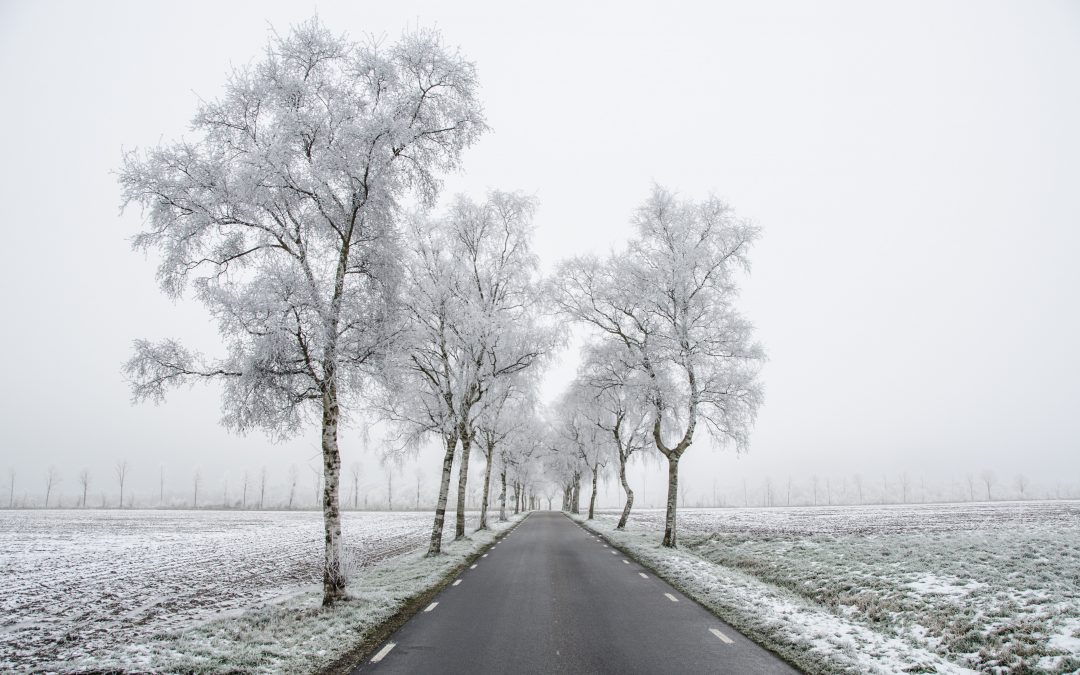We just had another blast of winter and school is closed again. My kids are ecstatic. I am a little less enthusiastic.
To be honest, winter is not one of my favorite seasons. The cold and darkness can easily dissolve my motivation to get up as early as I’d like in the morning. The frequent snow days and school delays mean that I don’t complete most of my daily to-do list. And when I am not accomplishing something tangible, I tend to feel pretty grumpy.
Winter offers magnificent snowy scenes, but there is an absence of other activity. There are no buds on the trees, no twittering of birds, no suggestion of spring flowers. Nothing seems to be happening.
That absence of visible growth encapsulates the frustration I sometimes feel as the parent of a child with special needs. I don’t know if I’m doing enough for my son. Sometimes, I don’t even know if I’m in the right ballpark, and wonder if he would benefit if I provided him with something radically different. I’d love to have some kind of tangible reassurance that I’m doing the right thing, but don’t get it nearly enough.
Lately, in my psychotherapy practice, I’ve been talking with parents who are also feeling that sense of struggle. They are not seeing any visible signs of accomplishment, whether it is with their child, or in other endeavors. As a result, they are questioning themselves, wondering if they are doing something wrong, or, even worse, wondering if there is something wrong with them.
The issue is: How do we find the strength to continue along our paths when we are not necessarily seeing the results in front of us? What can reassure us to continue with our efforts? Here, winter can offers us an answer, which, in this case, takes the form of a Jewish festival that regularly takes place during this season.
Tu B’shvat is, of all things, the “New Year for Trees.” Mid-January is admittedly a pretty strange time to be celebrating trees. It would seem to make a lot more sense to celebrate this holiday at the beginning of spring, when the first buds begin to appear.
But Tu B’shvat reveals an essential truth about winter. Right now, in the apparent stillness of winter, there are essential preparations for spring underway. There is an energy, a sap flowing, that isn’t visible, but is vital to the trees’ future growth. Tu B’shvat celebrates the invisible and unsung forces that are indispensible to the trees’ spring pageantry.
This image of the sap flowing reminds me to have patience with myself, even when nothing seems to be coming of my efforts. It teaches a lesson about patience and perseverance.
This lesson rings true in other spheres of my life. For more than a year, I have been working on a piano piece, a Bach partita, that I have found unaccountably difficult. It seemed like no matter how hard I worked, I just could not get the hang of it. I could not do this piece justice and I despaired of ever getting it. I began to even dislike the piece. And then, one day I sat down and something was different. My fingers found the beauty in Bach’s work.
It was as though something had transformed overnight. But, of course, my “breakthrough” did not happen overnight. It was the result of all that hard work. My efforts over the year, when nothing seemed to be happening, had contributed to my ability to make music out of that piece.
And this is the idea that I want to hold on to when it comes to being Noah’s parent. I am increasingly concerned about issues like my son’s new interest in girls, and his ability to make friends. I can easily beat myself up for not doing enough, because I want to see changes and I want to see them now.
And yet, I realize that this is a process. Keeping my eyes open to the issues helps me to recognize the things that are working, and the things that are not working so well. And this information doesn’t become clear overnight. It needs time to percolate a little before action is taken. For example, I am only now beginning to have success using some of my son’s typical peers as guides and teachers. All of a sudden, the right kids for the job are appearing all over the place. I think that my son has finally reached a place where he is ready, as have I. All the things he has done in the past have prepared him to be where he is now.
So I might be changing my mind about winter. Appreciating winter’s absence of showiness may be a healthy antidote to my need to get quick results. Winter can remind us to slow down, pay attention, and most of all, to slow down our tendency to judge ourselves.

